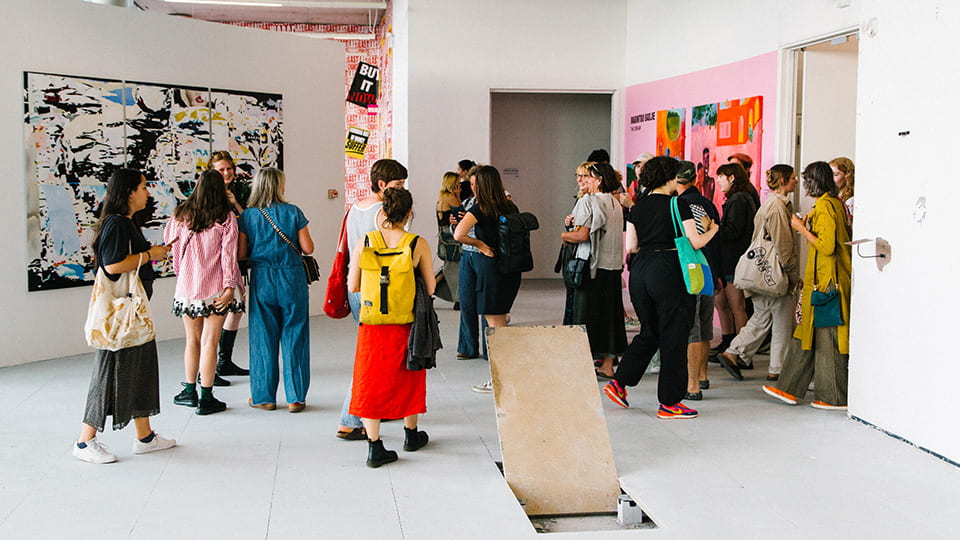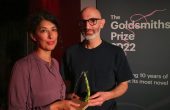
Creativity is at the heart of all we do at Goldsmiths: in the students who come to learn here and the ways we teach them; in our research agendas and practice; and in how we try to conceive of – and bring into being – a better, fairer society.
The energy on campus is palpable at the moment, with our Degree Shows in full swing. It’s enormously inspiring, seeing each generation of Goldsmiths students step up to share their work and ideas, making their contribution to our unique creative heritage.
And it is unique, what we do here. We have earned our place in British cultural history by thinking differently, and being bold enough to pursue risky ideas. Tate Britain’s recent inclusion of work by Goldsmiths alumnus Hamad Butt speaks to the need for art that challenges us – and for creatives bold enough to confront political and social issues without flinching. Places like Goldsmiths are vital in nurturing and supporting these creative endeavours.
Of course, prestigious galleries and collections are just one part of a much greater creative ecosystem – and only one way in which we understand our work here to have an impact on wider society.
I’ve written before about the political impact of our work: how creative graduates like ours make major contributions to our economy, and how the arts and humanities must keep seeking solutions to contemporary issues.
And in the last month, we’ve shared exciting news about two major partnership projects that will see us mobilise our learning and expertise in different ways, towards the goal of a more creative society.
In one case, this is explicitly about supporting the next generation. We’ll be working in partnership with Arts Council England to deliver their successful Artsmark initiative, helping schools and other learning environments develop a more creative education. And, as part of the government’s creative industries sector vision, we are the preferred bidder for a project around virtual production techniques for stage, screen and live events called CoSTAR (Convergent Screen Technologies and performance in Realtime), which will see us working with partners including the British Film Institute (BFI).
Both are hugely collaborative efforts with opportunities to make meaningful change. This kind of work is contributing to a more secure, thriving creative sector: an important end in itself, and a necessity if our creative students and graduates are to fulfil their potential over the course of their careers.




